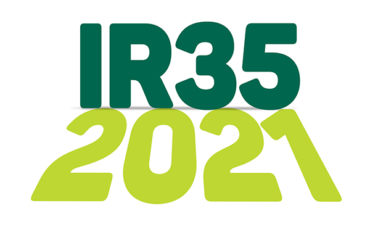
The IR35 rule was introduced in 2000 to equalise the tax position between employees and individuals who provide their services, usually using a company (often called a Personal Services Company — PSC). The IR35 legislation, which aims to ensure that contractors are paying the appropriate amount of tax, is also changing for some businesses in the private sector. Currently, most contractors are required to determine their own status as employee or contractor. From 6 April 2021 the liability to determine a contractor’s tax status will pass to clients/employers.
This change was due to be introduced in April 2020 but was delayed until April 2021 due to the Covid-19 crisis. It is expected that this change will lead to a significant number of “contractors” having to pay extra tax and National Insurance as it is estimated that only 10% correctly determine their tax status. The change is being introduced to move the responsibility from the contractor to medium and large-sector clients. Smaller clients will be exempt from this obligation and the contractor remains liable for determining their own tax status. A medium to large business is one that has two or more of the following:
- turnover of more than £10.2 million
- balance sheet totals, or is more than, £5.1 million
- has 50 or more employees.
Where a determination is made that a contractor is not caught by the IR35 rules it is essential that reasonable care is taken in the decision-making process as the decision itself must be reasonable. If care is not taken, status determination statements may not be valid and the client may be liable to pay any unpaid taxes.
In February 2021, the Government published new guidance which confirmed that companies will not have to pay penalties on any inaccuracies within the first 12 months of the new rules coming into effect, unless there is “clear evidence of deliberate non-compliance”. The aim of this is to help companies implement the new rules while also recognising the difficulties they may be under as a result of the coronavirus pandemic.
However, “deliberate defaulters” will be named and shamed to encourage them to get their “tax affairs in order”. For this reason, the Government has urged businesses not to cut corners when introducing these new rules.


